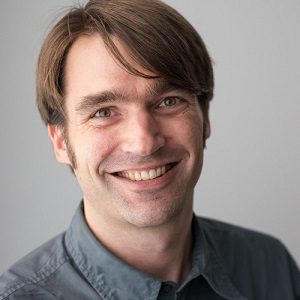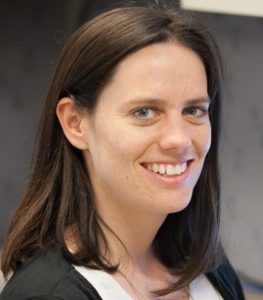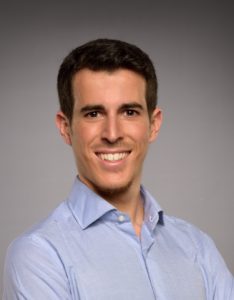Siemens Healthineers is one of the largest technology providers for medical imaging technology, laboratory diagnostics, and clinical IT solutions, with about 50,000 employees in over 70 countries. Siemens Healthineers is a pioneer in the use of AI for medical applications for more than 20 years, with more than 600 patents and patent applications related to machine learning, of which more than 125 are rooted in deep learning. With over 40 AI-enriched offerings already on the market, established AI expertise, future-oriented staff, vast medical data sets, and the exceptional computing power needed for creating algorithm-supported healthcare solutions, Siemens Healthineers is the right partner for innovation and development of AI powered applications.
Expertise: The working group “Artificial Intelligence Germany” is part of the “Digital Technology & Innovation” department of Siemens Healthineers. The team’s research focuses on medical image processing, data integration, machine learning and pattern recognition, as well as image-based decision-making and intervention support. In addition to pre-development, the working group focuses on the translation of developed technologies and prototypes into innovative products and services.
In the H2020 MAESTRIA, Siemens Healthineers will contribute mainly to WP5 with development of robust, reliable machine learning algorithms and digital twin approaches to provide a mechanistic and predictive characterization of atrial function, detect pathological pathways earlier, and predict disease progression and therapy outcome.
Siemens Healthineers team:

Dr. Tobias HEIMANN leads the research group “Artificial Intelligence Germany” at Siemens Healthineers. With a Ph.D. in computer science from the University of Heidelberg, he has 18 years of experience in medical imaging research, 11 in academia, 7 in industry. He designed and executed the first MICCAI “Grand Challenge” workshop to quantitatively evaluate algorithm performance in the medical imaging domain. He is an expert in medical image segmentation with focus on statistical shape models and has served/is serving as PC member at MICCAI and SPIE Medical Imaging conferences, among others. He has authored and co-authored more than 80 publications in the field which have won several awards, including the prestigious MICCAI best paper award for developing a domain adaptation approach for machine learning in medical imaging. He successfully led several grant projects for Siemens Healthcare GmbH, partly as participant, partly as coordinator.

Dr. Chloé AUDIGIER is a Senior Research Scientist in the group “Artificial Intelligence Germany” at Siemens Healthineers. She received an Engineering degree from Ecole CentraleSupélec in 2012, holds a Master of Science in Mathematical Modeling from University College London and a Ph.D. in Computer Science from INRIA Sophia Antipolis (2015). She is an expert in medical image analysis in particular computational modeling of physiologic processes. She holds 4 US patents and has authored and co-authored more than 20 publications in the field which have won several awards, including the Outstanding Paper Award at the MICCAI Workshop on Abdominal Imaging in 2014 and the Honorable Mention at the SPIE Medical Imaging 2019 Conference Poster Awards. H-index: 7 (Google.Scholar), 26 publications, >150 citations.

Dr. Eric LLUCH is a Research Scientist in the group “Artificial Intelligence Germany” at Siemens Healthineers. He received a degree of Mathematics with honours from Autonomous University of Barcelona in 2013, a master of Mathematics specialized in numerical mathematics from the University of Bonn in Germany (2015). In 2019 he completed an H2020 European Ph. D. in Applied mathematics from the Pompeu Fabra University, Barcelona, Spain together with the industrial partner Philips Research, Paris, France as part of the Marie Skłodowska-Curie Actions. He is an expert in numerical methods, partial differential equations and computational modelling, specializing in cardiac modelling. He has authored and co-authored 7 publications in the field of computational modelling.


